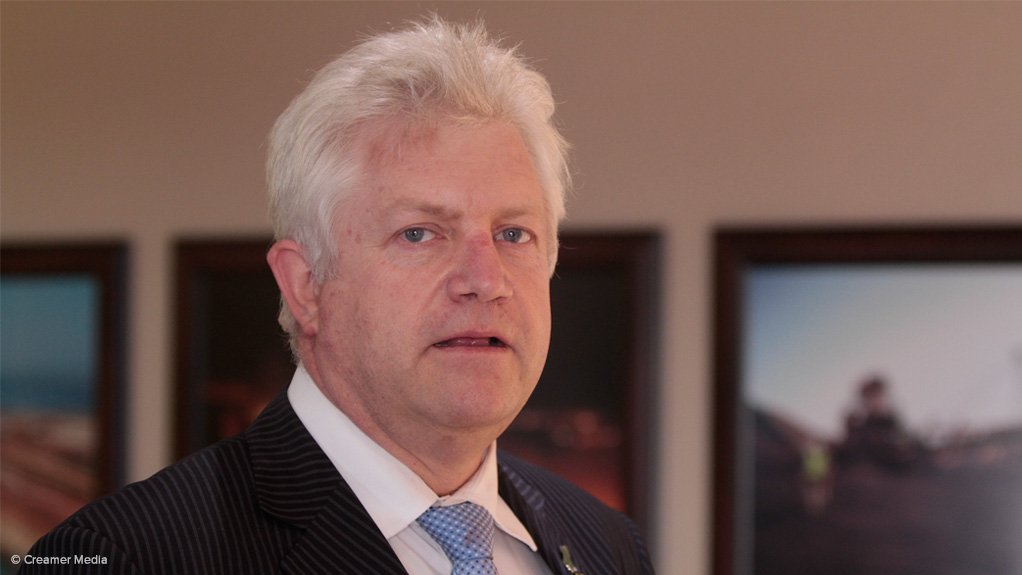The recent load shedding has cost the Western Cape economy, with businesses expressing concern that they are in for more growth-hampering power cuts.
Speaking during question time in the Provincial Legislature, Western Cape Minister of Finance, Economic Development and Tourism Alan Winde said the threat of power cuts has led many businesses to rely on generator sets.
“These are often not the most cost-effective way of generating power. Apart from the additional operational cost, the cost of buying power generation equipment must also be taken into account.”
With the possibility of more power cuts, Winde said some businesses were also putting in place continuity management programmes to avoid financial and legal repercussions of power outages, through missed delivery deadlines or spoilt products.
Winde said companies were concerned that Eskom’s power generation capacity remained under severe strain, and were worried that they could face sustained power cuts this coming winter.
He said large electricity users were currently reducing their demand for electricity from Eskom, but this was at the expense of their own input.
“The economy is not producing the output it should. This is hindering the growth of exports.”
Winde said power cuts had implications for the Western Cape’s labour-intensive industries in particular.
He quoted research group, Global Continuity, saying power outages were the second-leading cause of business interruption in South Africa, accounting for about 14% of cases of business interruption.
“Eskom has indicated that load shedding is unavoidable for months, if not years to come. With sound management of our current power stations and of the Medupi project, the effect of load shedding on growth and jobs could have been avoided,” Winde claimed.
He said the Western Cape government was investigating reducing its reliance on coal in favour of liquefied natural gas, while GRI Renewable Industries, the wind industrial division of international company Corporation Gestamp, has announced that it will open a wind tower manufacturing facility in Atlantis, close to Cape Town.
The R333-million project, which should be operational in the second half of this year, is expected to create around 200 direct local jobs.
Meanwhile, talks are ongoing to attract a wind turbine blade manufacturer to Atlantis.
Earlier this year, the City of Cape Town announced that it would retrofit its operations in a bid to achieve greater energy efficiency. This includes changing its street lights from incandescent to light-emitting diode light bulbs. Entrepreneurs in the renewable-energy space have also been putting pressure on the City to allow them to feed into the grid.
Winde said Cape Town was currently pursuing the roll-out of net metering which would allow small energy producers to feed back into the grid.
EMAIL THIS ARTICLE SAVE THIS ARTICLE
To subscribe email subscriptions@creamermedia.co.za or click here
To advertise email advertising@creamermedia.co.za or click here











